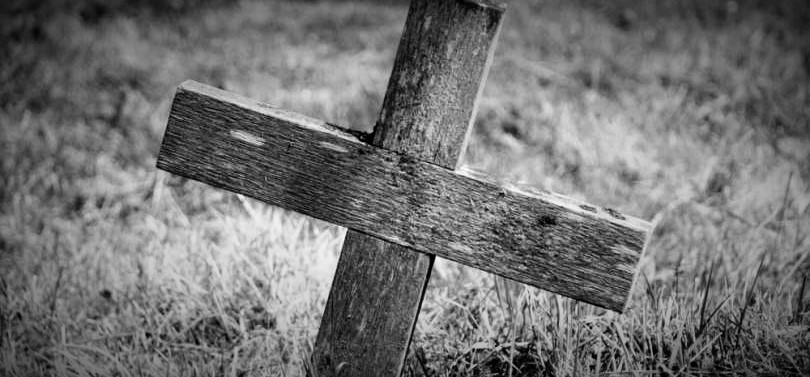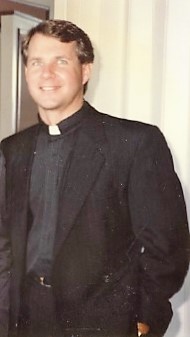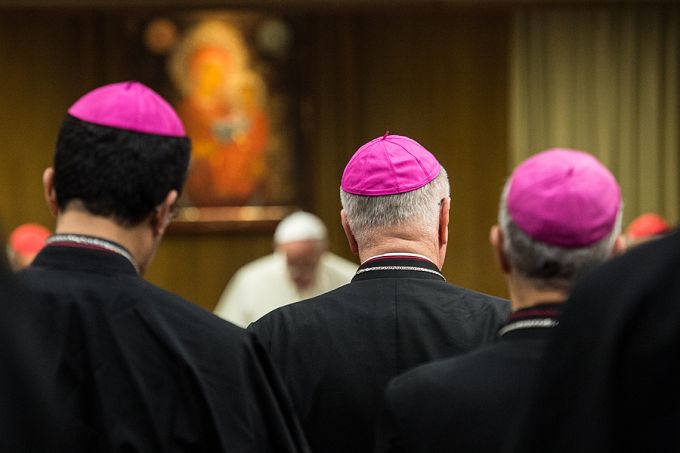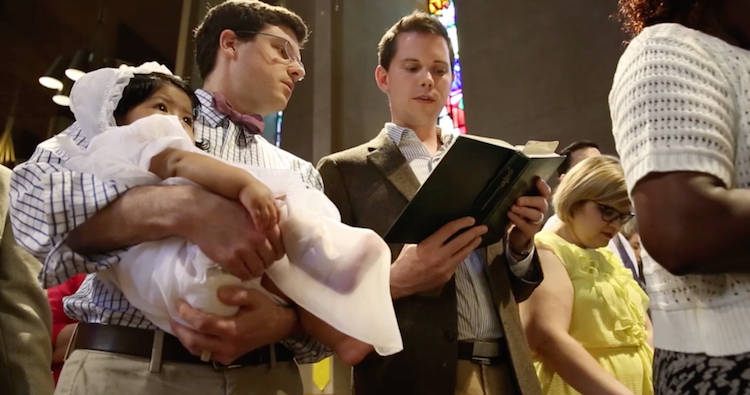By Rob Boston
At public schools around the country, students, mostly high schoolers, are forming Gay-Straight Alliance clubs. Fundamentalist Christians often freak out over the existence of these clubs, like these people are doing in Winchester, Tenn.
Whenever this happens, I have to explain, once again, who made it possible for students to form Gay-Straight Alliances at public secondary schools.
It was fundamentalist Christians.
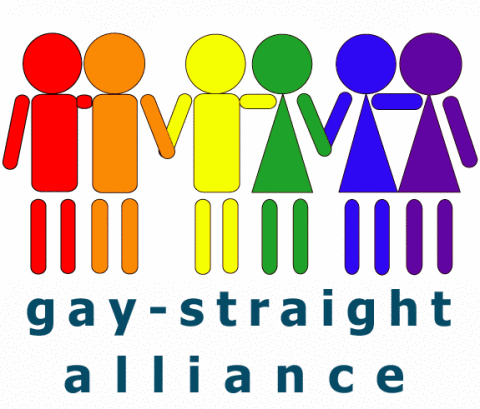
That’s right. Public secondary schools can have Gay-Straight Alliances because of something conservative Christians did more than 30 years ago.
Come with me now back to those halcyon days of 1984. “When Doves Cry” by Prince – he was just plain old Prince then, none of this “artist formerly known as” stuff – was riding at the top of the music charts. “Ghostbusters” was the top-grossing film. Lots of women were sporting big wavy perms, and skinny ties were hot for men. Cars were boxy, and Apple launched a new personal computer called the Macintosh.
In Congress, legislators passed something called the Equal Access Act. They had been prodded to do it by a coalition of conservative Christian and Religious Right groups. These organizations wanted students at public secondary schools to have the right to form Bible clubs that would meet during non-instructional time (usually defined as just after school).
Now, Congress couldn’t pass a law that covered only Christian groups and Bible clubs; it had to be broader than that to pass legal muster, and it was. Under the Equal Access Act, if a school permits any club not directly related to the curriculum to meet, it must allow them all. (The only exceptions are clubs that might cause a disruption, like a racist club.)
When all of this was going on, Americans United said to the Religious Right groups, “Hey, are you sure you want to do this? You do realize that this means kids can form atheist clubs and all that, right?”
But the Religious Right groups said they were sure they wanted to do it. In fact, they insisted that they would be cool with all of the groups kids chose to form.
The Equal Access Act survived review before the Supreme Court in 1991. Jay Sekulow, an attorney then associated with TV preacher Pat Robertson, successfully argued the case.
Flash forward to 2016. Kids are now using the act to form Bible clubs, Jewish clubs, atheist clubs, manga clubs, gaming clubs – and Gay-Straight Alliances.
Americans United had some concerns at the time, but as it happened, things worked out pretty well with the Equal Access Act. The clubs are student-run and student-initiated. They take place after hours, and no one has to attend. It’s entirely voluntary.
Yet in Winchester, some people are not reacting well to the creation of the Gay-Straight Alliance. John Wimley, a local resident who doesn’t like the club, told WBRC-TV, “I don’t understand it. I don’t understand where they’re coming from, and I want answers. Everybody wants answers.”
Here’s your answer, Mr. Wimley: A federal law championed largely by Religious Right groups that was approved by Congress, signed by President Ronald W. Reagan and upheld by the Supreme Court has given students at Franklin County High School the legal right to form a Gay-Straight Alliance. As WBRC noted, the school already has a student-run Bible club. Thus, officials at the school are legally required to allow this one too.
That’s why it’s called the Equal Access Act.
The Gay-Straight Alliance is already meeting at Franklin High. I doubt school officials will try to stop it because if they did that, any number of lawyers would be more than willing to step in and help the club members secure their legal rights.
I don’t know what happened the first time the students who formed the alliance got together, but I hope they took a moment to thank the movement that made it all possible: the Religious Right.
Complete Article HERE!


